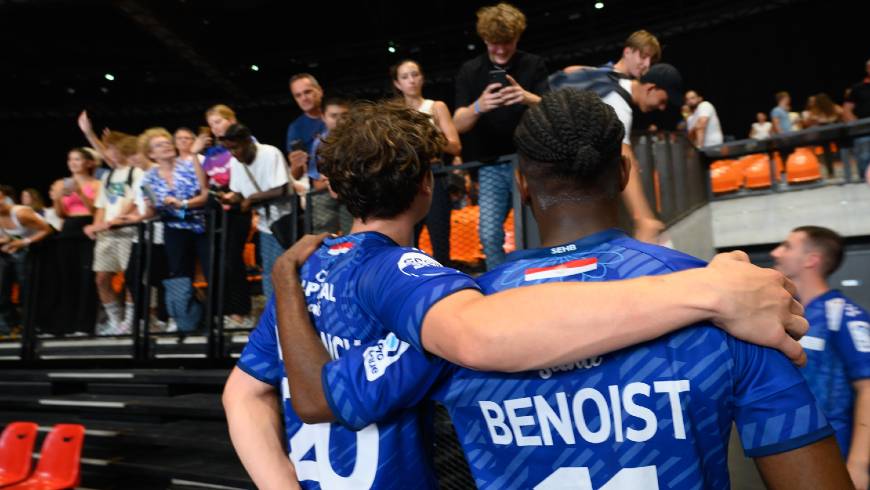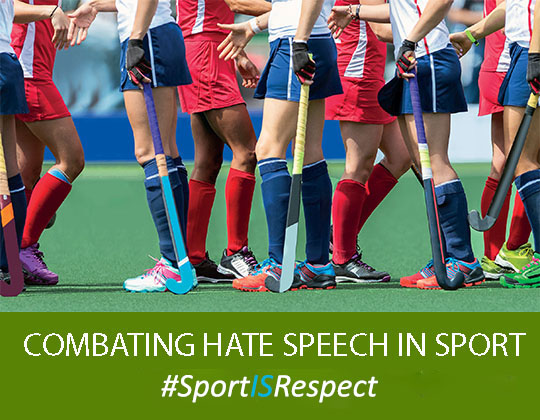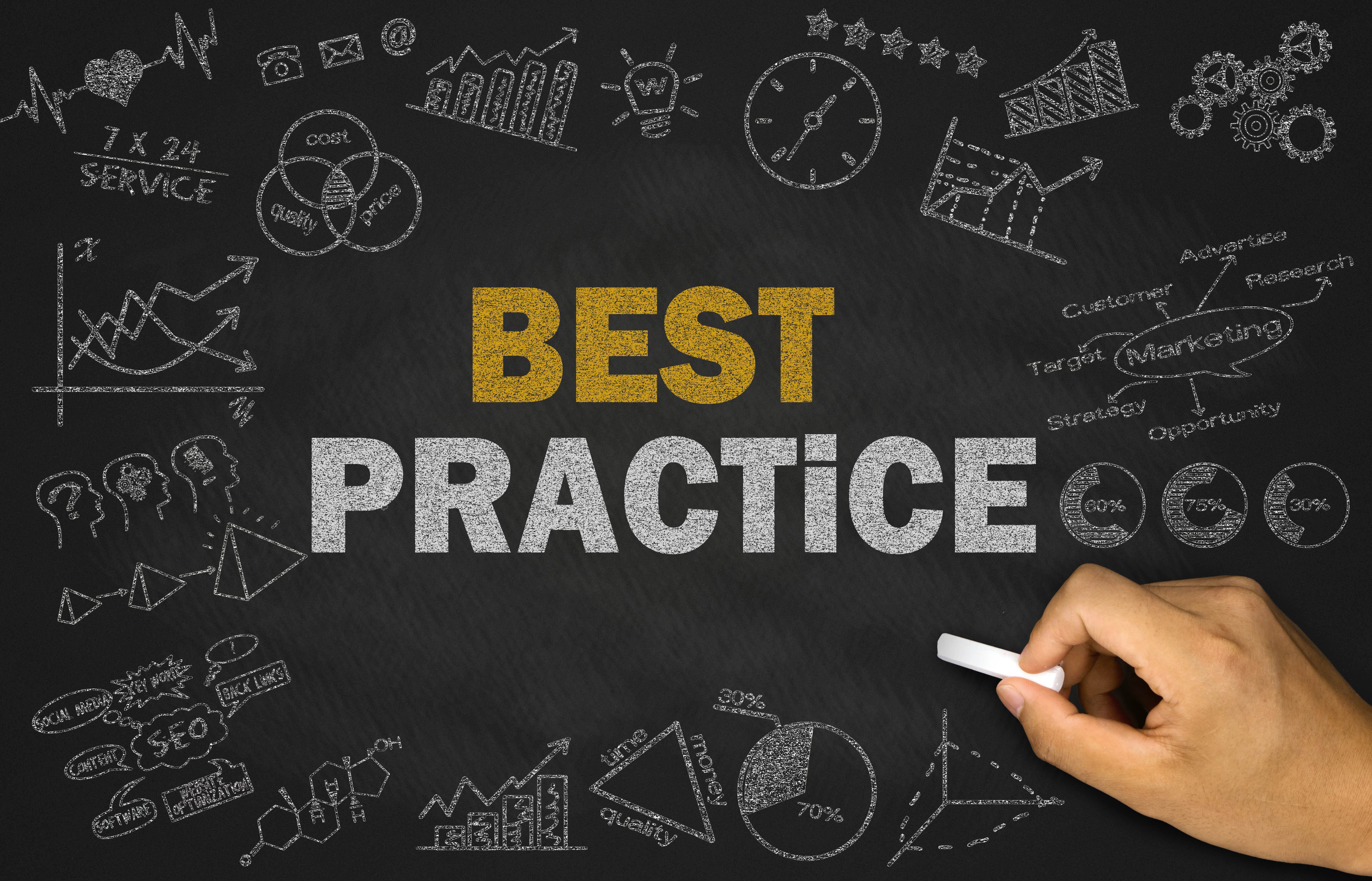Eradicating online hate

@Régis Suhner/CoE
In today's digital age, tackling online abuse has emerged as a critical issue, that requires implementation of effective legislation. Testimonies from all sport actors, in particular players and referees, provide valuable insights into the nature of this phenomenon and its profound impact on both their personal and professional lives, as well as those of their families. It is therefore crucial to raise awareness of the detrimental effects of online abuse on the mental well-being and performance of victims. In response to this growing concern, many companies have developed software to monitor, moderate, and combat online abuse, and to protect social channels from hate speech, harassment, and other unlawful content.
Their cutting-edge solutions play a vital role in safeguarding the online experience of sportspeople, fostering a safer and more inclusive digital environment for all users.
In this page you will find examples of the experiences of some relevant companies, alongside a compilation of best practices to combat online abuse
 Company’s work/activities related to sport: White Paper published by the FIA: “A strategic response to online hate speech in sport” (March 2023)
Company’s work/activities related to sport: White Paper published by the FIA: “A strategic response to online hate speech in sport” (March 2023)
 Sport(s) targeted: Up to now Professional football and Formula 1
Sport(s) targeted: Up to now Professional football and Formula 1
 Target group(s) protected: Governing bodies, sport teams/clubs and individuals.
Target group(s) protected: Governing bodies, sport teams/clubs and individuals.
Approach/ Type of technology used for online abuse analysis: Arwen's sophisticated AI-driven platform automatically detects and removes toxicity and abuse on social media channels in 30 languages, including emojis, misspellings, and spam.
Achievements and outcomes:
The ATP and German Olympic Sports Confederation ('Deutscher Olympischer Sportbund', DOSB) announced two groundbreaking new Safe Sport collaborations to protect players and athletes from the harms of online abuse.
ATP, Tennis Data Innovations (TDI), and Sportradar have launched Safe Sport, a service aimed at tackling online abuse against professional tennis players. This initiative integrates AI moderation, education, and investigation to protect athletes. It will be available for free on an opt-in basis to the Top 250 ATP singles players and the Top 50-ranked doubles players.
The service uses AI from Sportradar and Arwen AI to monitor social media for abusive comments, spam, and bots in 29 languages, hiding flagged comments in real time. Arwen currently handles 600,000 comments daily, safeguarding over 750 million followers on platforms like Facebook, Instagram, Twitter, YouTube, and TikTok. Additionally, Sportradar's intelligence analysts will investigate threats and criminal comments, aiming to trace them to their sources. Players will also receive education on managing abuse, reducing online risks, and maintaining social media integrity.
Safe Sport represents ATP's most extensive effort to date to combat online abuse and enhance player wellbeing.
On the other hand, the German Olympic Sports Confederation (DOSB), established on May 20, 2006, from the merger of the German Sports Confederation (DSB) and the National Olympic Committee (NOC) for Germany, is a non-governmental organisation that promotes performance, health, joy of living, and values.
The DOSB offers consultation, services, and representation for German sports at various levels, including the EU and federal government, and is committed to promoting the Olympic idea, fostering Olympic education, and supporting volunteerism. It emphasises inclusion, gender equality, and "sport for all," ensuring equal access to sports for everyone. The DOSB also advocates for modern, humane top-level sports and fights against doping and manipulation.
The DOSB initiative will provide enhanced support to all German Olympic Team ‘Team D’ athletes competing in the Olympic and Paralympic Games in Paris this summer.
Team D athletes will benefit from social media moderation and investigative support when required, ensuring they can compete to their full potential in Paris, free from the distraction and distress caused by online hate.
Further information: https://rm.coe.int/arwen-sport-radar/1680b11d8d
Online hate speech


